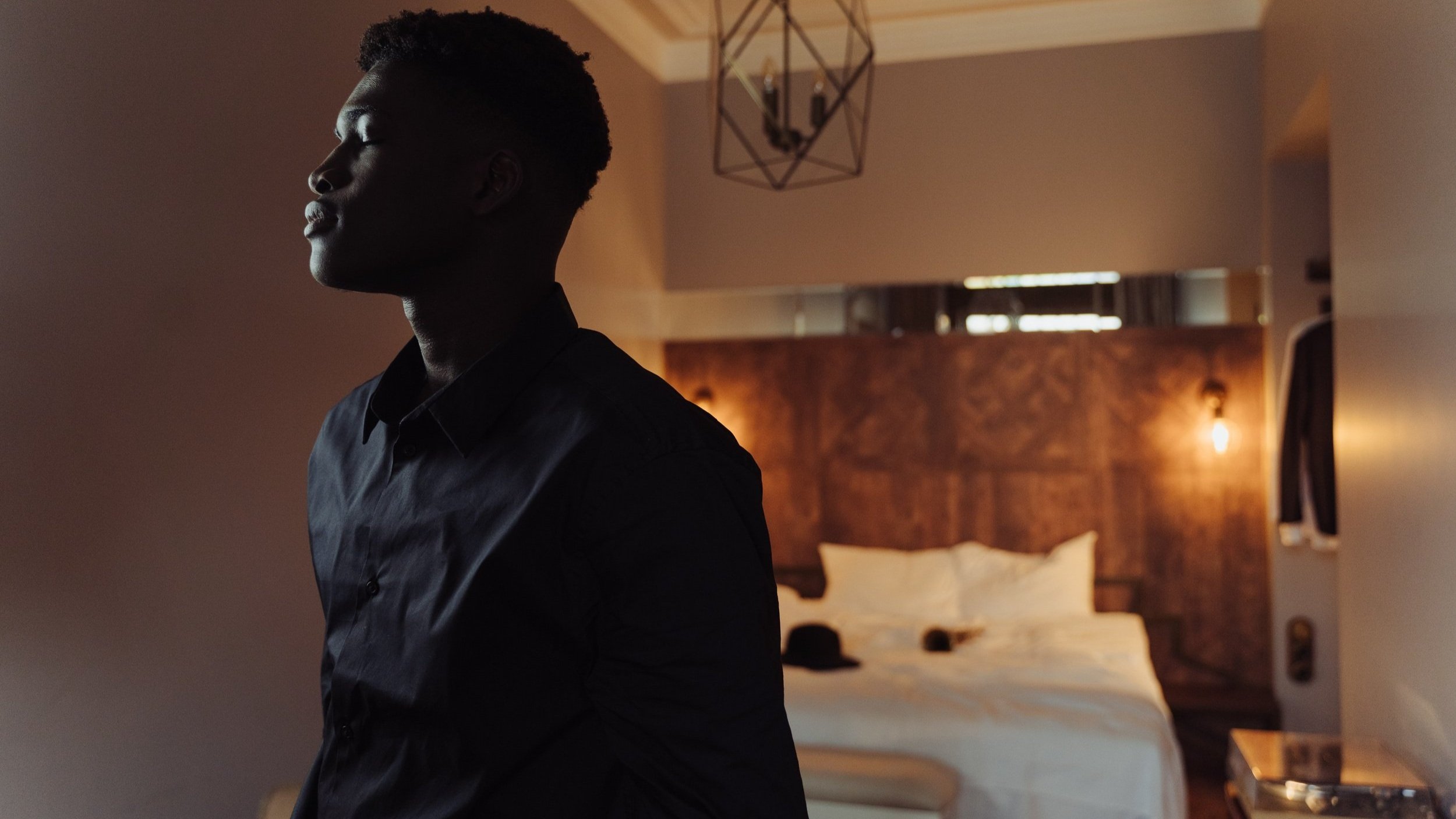7 Black LGBTQ+ Things We're Looking Forward To This Spring
Are you looking forward to spring as much as we are? Besides the anticipation of warmer temperatures, there are quite a few exciting projects on our radar from Black queer creatives that we believe should be on yours too. From new book releases to theatrical productions, and even an LGBTQ+ bus tour. There’s something for every Black LGBTQ+ person and our allies to enjoy as queer content creators continue to elevate the stories and experiences of our community from the page to the screen. This is not a comprehensive list. And while we’re excited to share our picks with you, we’d love to hear about the Black queer projects that have you excited about their spring arrival. Dive into our selections below.





